News: World Trade Organisation
Global Trade Cooperation after COVID-19: Can the G20 contain disintegration?
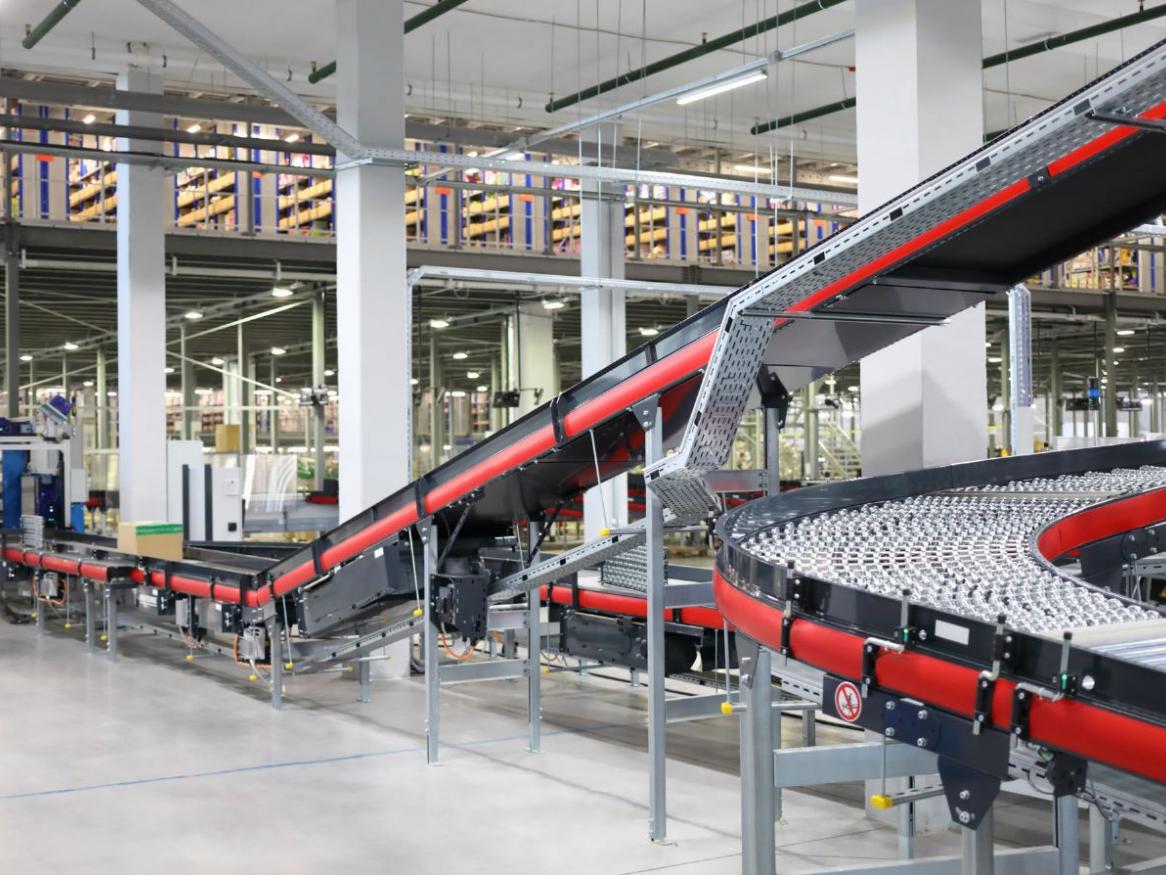
By Professor Peter Draper - Institute for International Trade
If ever the G20, the self-styled apex forum for international economic cooperation, needed to step up to the plate it is now. However, while it did so for the 2009 London Summit - in the eye of the Global Financial Crisis (GFC) - it is highly unlikely to this time. It is also not clear what the definition of success is, unlike the GFC when the core objective was to save Western financial systems from collapse. Each G20 country is correctly focused on managing its own health trajectory, with little policy bandwidth left to devote to international economic cooperation.
[Read more about Global Trade Cooperation after COVID-19: Can the G20 contain disintegration? ]
Industrial subsidies, state-owned enterprises and market distortions: Problems, proposals and a path forward

Weinian Hu - Research Fellow at Centre for European Policy Studies, Belgium.
Industrial subsidisation is an area identified for WTO rule-strengthening by the European Union (EU) and the Trilateral Trade Ministerial Cooperation (hereafter Trilateral Cooperation). The aim is to curb certain trade practices spearheaded by China’s state-owned enterprises (SOEs), which allegedly engender over-capacity, distort markets and undermine the effectiveness of the WTO Agreement on Subsidies and Countervailing Measures (ASCM). The obligations of transparency and notification prescribed by the ASCM require strengthening, too.
China’s Perspectives on WTO Reform
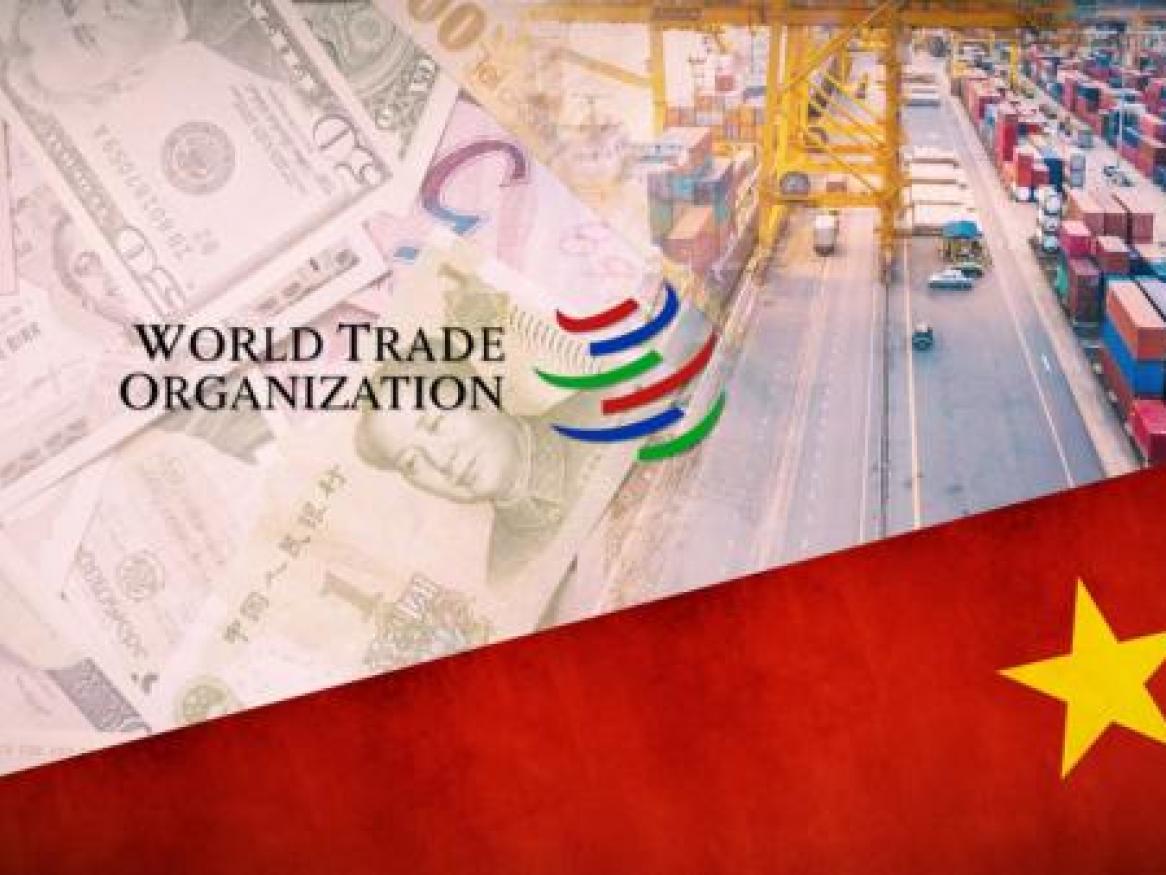
Professor Xiankun LU - China Institute for WTO Studies, University of International Business and Economics
China has tabled two formal documents on World Trade Organization (WTO) reform, these being the Position Paper on WTO Reform of November 2018 and the Proposal of China on WTO Reform of May 2019. Four aspects are highlighted in this article.
Reflections on the Global Review of Aid for Trade Conference
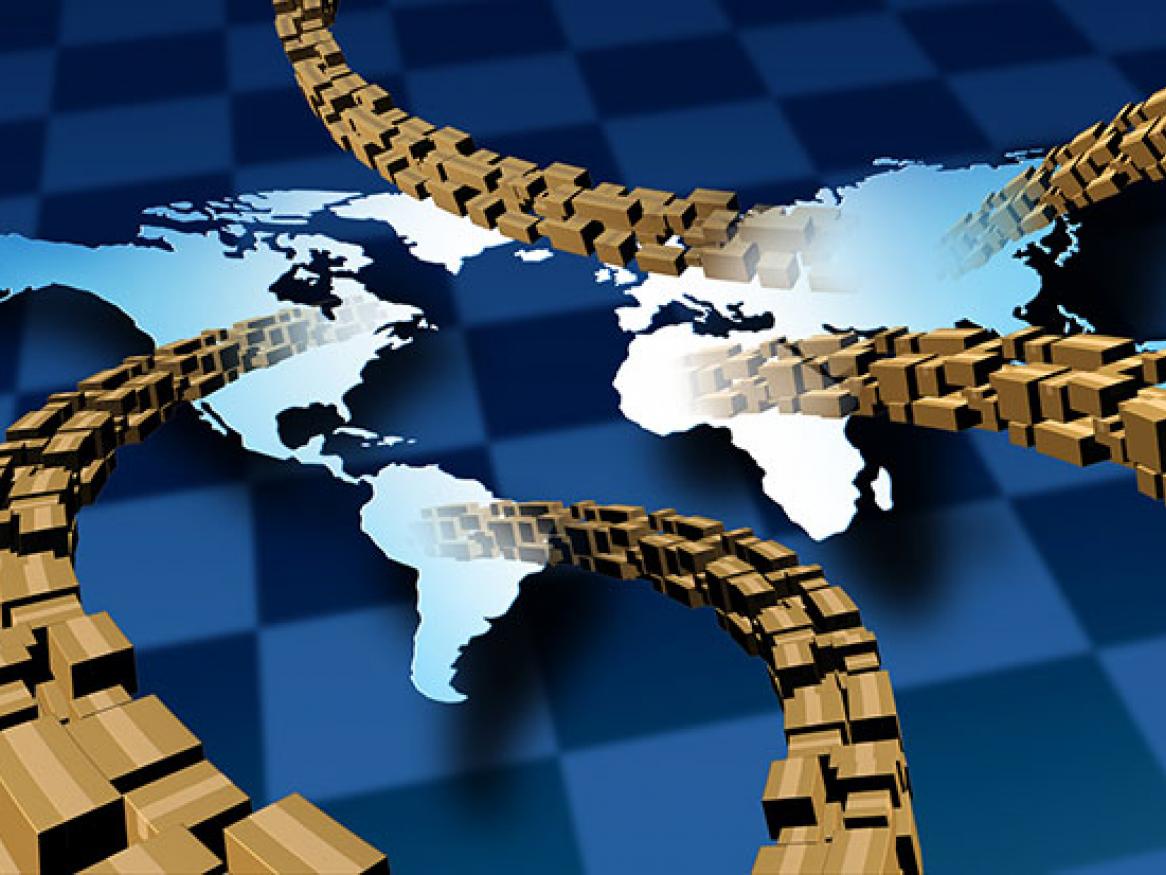
Jim Redden Visiting Fellow Institute for International Trade
Over the three day review, I was involved in a significant number of the workshops and plenaries, and held meetings with donors and recipient partners of Aid for Trade (AfT) gaining insights into a range of themes and issues that have emerged as high priorities for the next 2-3 years. Below I have attempted to summarise a number of those priorities.
[Read more about Reflections on the Global Review of Aid for Trade Conference]
How can LDCs ensure they continue to benefit from special and differential treatment in the WTO?
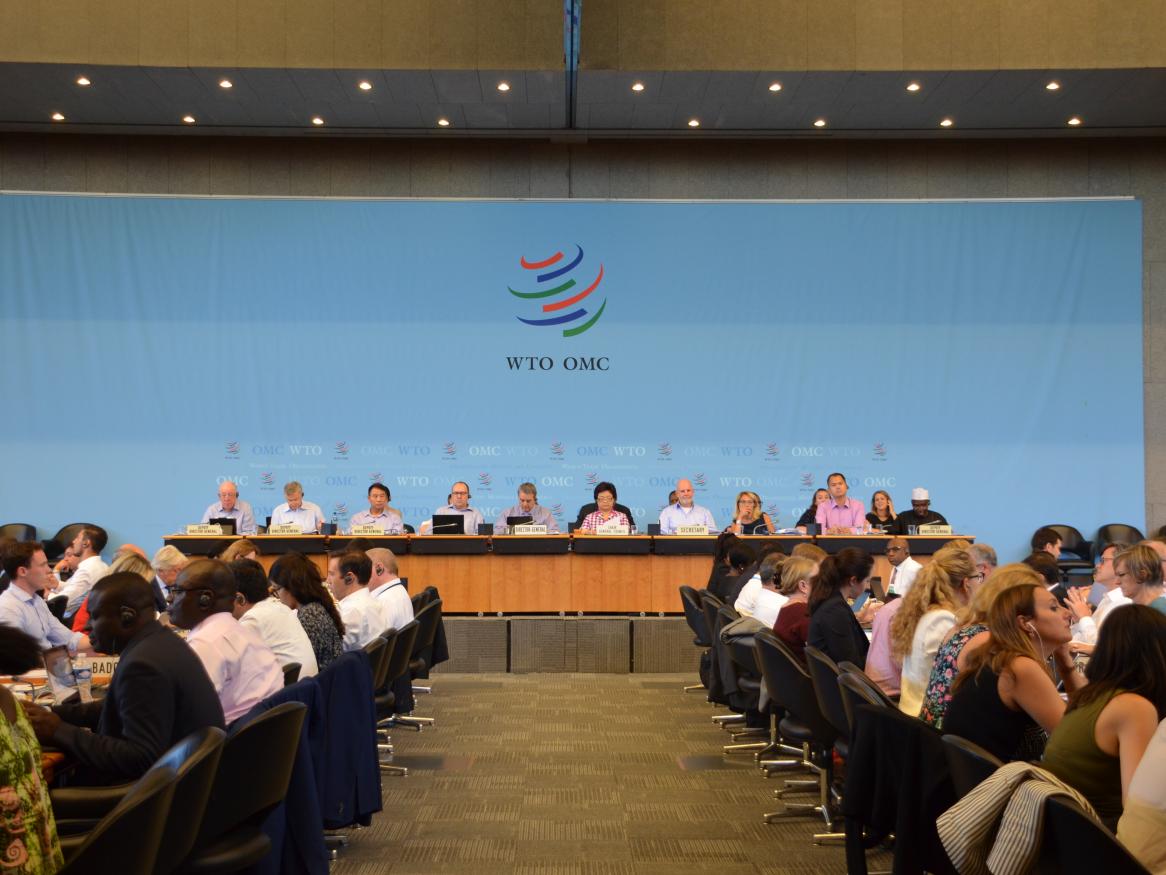
Mike Humphrey - Senior Trade Advisor IIT - As most international-trade observers are aware, debate is currently raging about the World Trade Organization’s relevance and role, its need for organisational reform, and the lack of progress in the Doha Round. Special and differential treatment (S&DT) provisions are an important component of this wider debate, and particularly the question of which countries should benefit from them - an issue intimately tied to the matter of self-designation.
The US & the WTO: Taking Stock of Recent Trade Strategy Manoeuvres
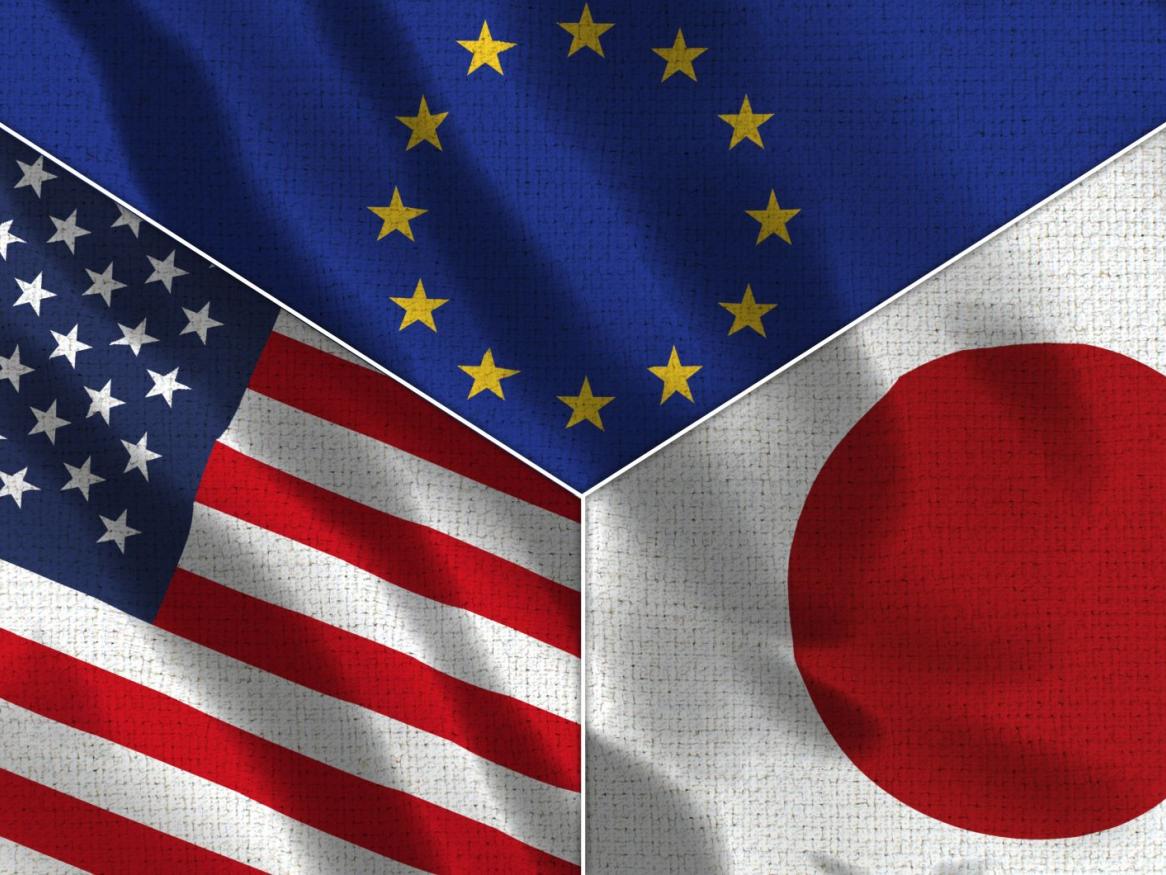
Peter Draper, Executive Director, Institute for International Trade, University of Adelaide
How to make sense of recent manoeuvres amongst the major trading powers in relation to the WTO? The US is at the centre, so it is necessary to start there. Executive Director Professor Peter Draper reflects on these dynamics following recent travels to Tokyo, Geneva, and Florence.
[Read more about The US & the WTO: Taking Stock of Recent Trade Strategy Manoeuvres]
2019 Global Solutions Summit, Berlin
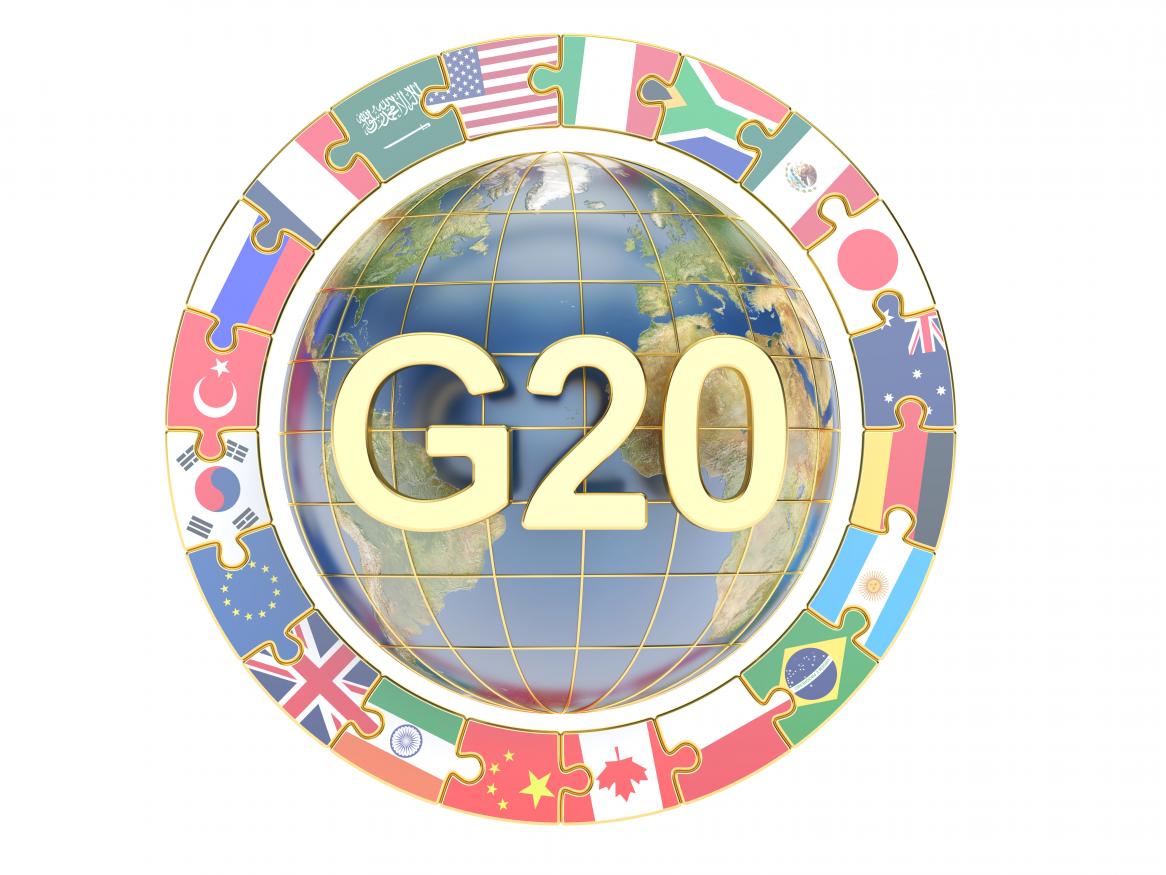
Keith Wilson, Senior International Trade Law Counsellor, Institute of International Trade
Contributions at the third Global Solutions Summit (www.global-solutions.international) addressed the full spectrum of challenges in a period of major change – and a looming sense of crisis – in the international political, economic and social order. These were the four key priorities I took away from the 2019 Summit held in Berlin, Germany from 18-19 March 2019, in support of the Japanese Presidency of the G20/T20. The Think 20 (T20) will be held in May, leading up to the G20 itself in Osaka in June 2019.
Crisis in the WTO appellate body and the need for wider WTO reform negotiations

Visiting Fellow Andrew Stoler - Serves on the Advisory Committee of the European Centre for International Political Economy and is a member of the International Academic Advisory Board of the United States Studies Centre (USSC) at the University of Sydney.
The Marrakesh Agreement’s Dispute Settlement Understanding (DSU) represented a major step forward in trade dispute settlement from the largely ineffective pre-1995 General Agreement on Tariffs and Trade (GATT) system. Under GATT, dispute-settlement panels’ establishment was frequently blocked; panels that were established frequently had their reports’ adoption blocked by losing parties; timeframes were ineffective; and American dissatisfaction often led to unilateral trade actions implemented pursuant to Washington’s s. 301 statute.
[Read more about Crisis in the WTO appellate body and the need for wider WTO reform negotiations]
The G20 and the challenges confronting the global trading system
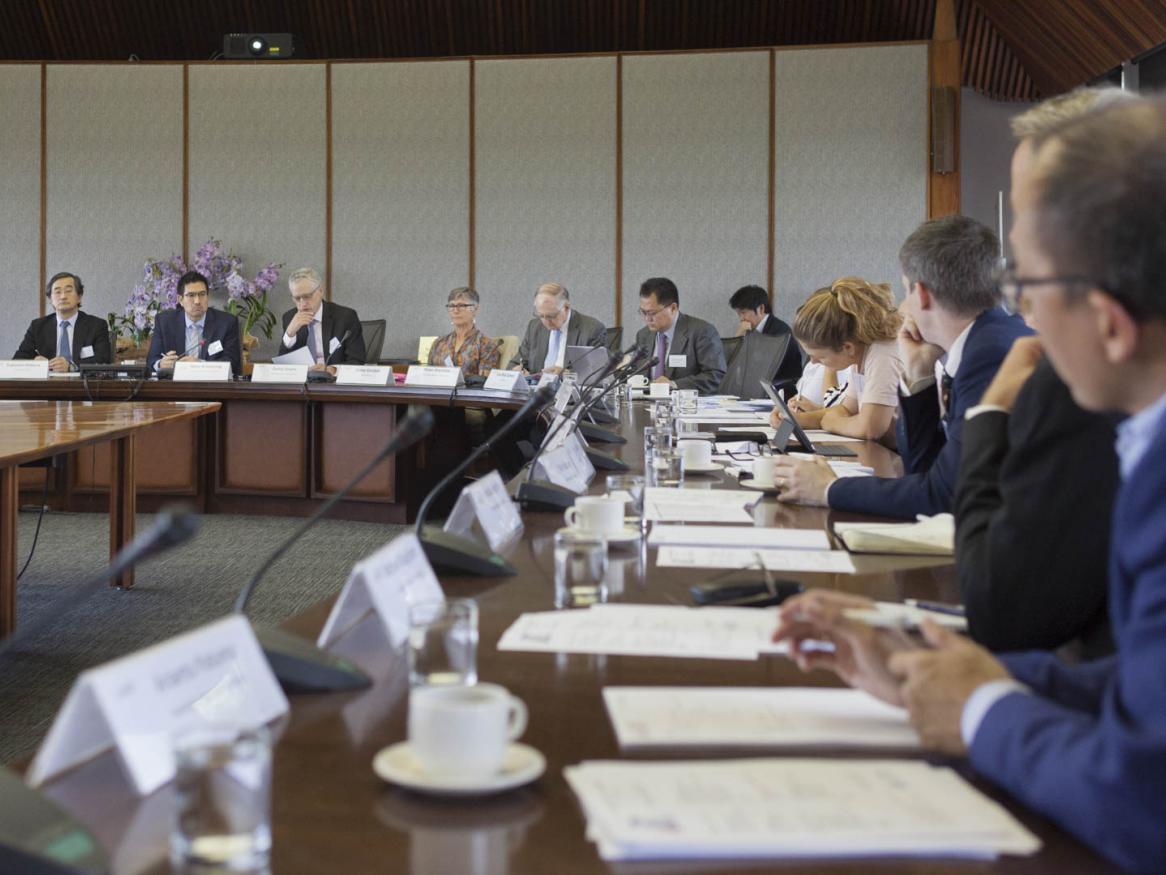
The Japanese desire not to antagonize the Trump Administration means there is little prospect of concerted G20 action this year. IIT partnered with RIETI (based in Tokyo), and ANU’s Research School for Asia and the Pacific to host a Think 20 Trade taskforce dialogue on the G20’s trade agenda.
[Read more about The G20 and the challenges confronting the global trading system]
3rd Adelaide PhD Summer Institute in International Trade
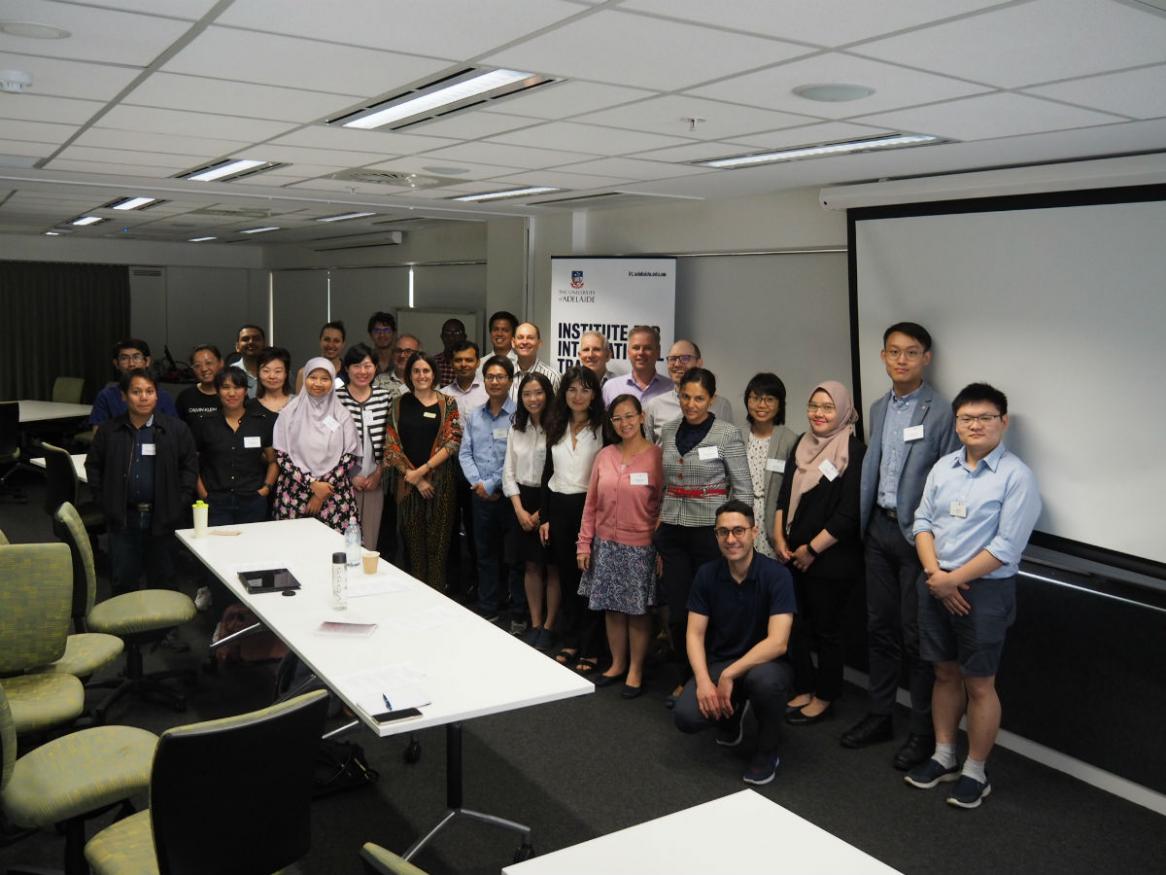
The Institute for International Trade hosts the 3rd Adelaide PhD Summer Institute in International Trade. Adelaide was the centre of PhD student research in international trade in Australasia on March 20 and 21, as twelve aspiring PhD students and Adelaide scholars in international trade met to discuss their research.
[Read more about 3rd Adelaide PhD Summer Institute in International Trade]
This work is licensed under Commons Attribution-NonCommercial-NoDerivatives 4.0 International License.
IIT is a global leader in researching, analysing and commenting on International Trade.
Stay informed about our up-and-coming seminars, events, publications, awards, new projects and collaborations, and other exciting news.
